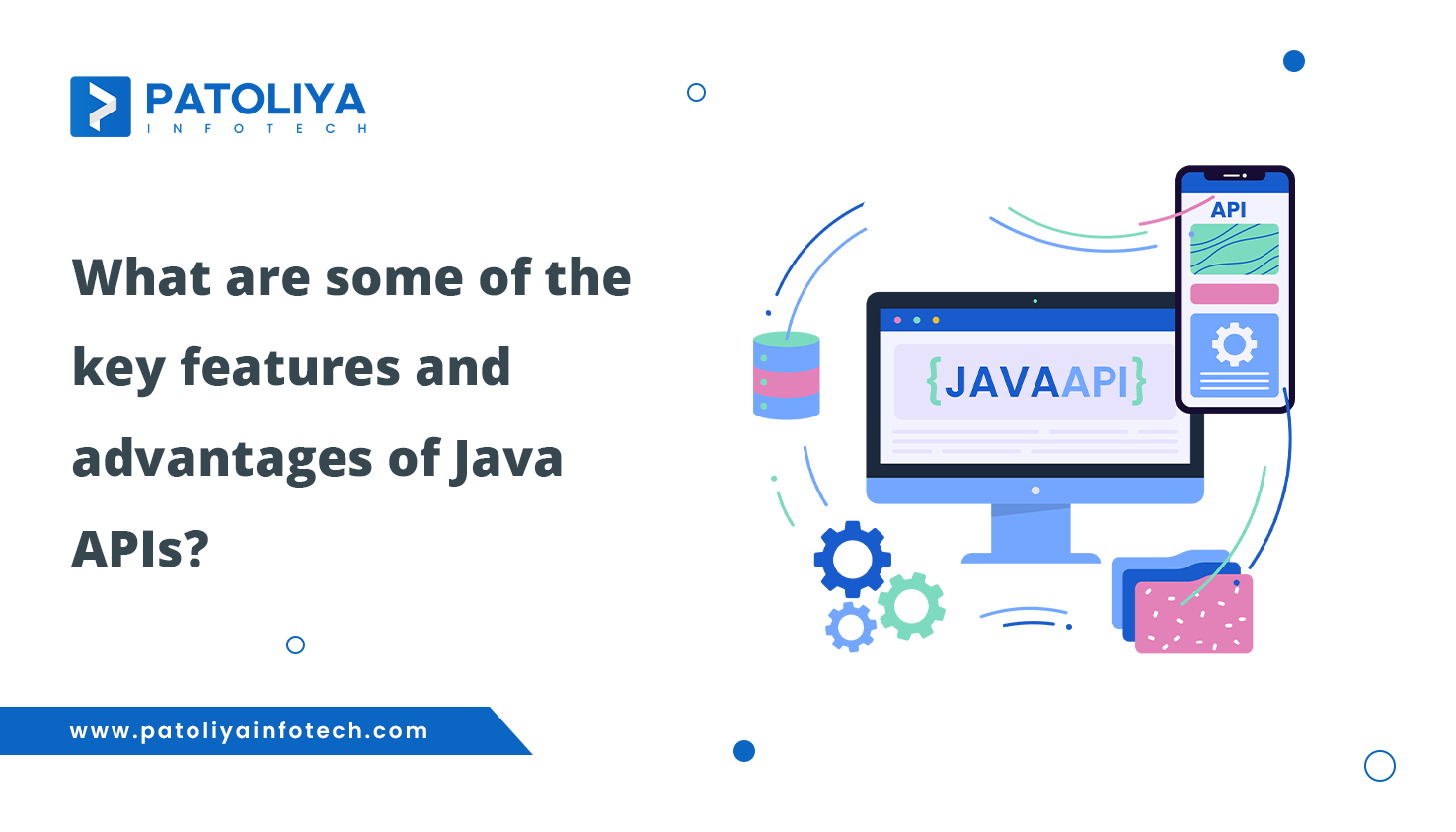Node.Js Technology – A quick know how

Table of Contents
Think something like this JavaScript, the darling language of the web, breaking the shackles of browsers to pioneer an era where programming knows no bounds. Enter Node.js, the virtuoso of open-source, cross-platform innovation. It's not merely a runtime environment; it's a gateway to a universe where JavaScript reigns supreme, scripting server-side marvels and crafting dynamic web content long before it graces your browser.
Node.js, the heartbeat of a "JavaScript everywhere" revolution, unifies the disparate realms of server and client-side scripts into a symphony of streamlined programming. Its prowess lies in an orchestra of features that orchestrate the most dynamic applications, painting a canvas where agility, scalability, and speed converge.
Imagine a world where every server request dances through an asynchronous, non-blocking symphony, where APIs never halt the show but seamlessly move on to the next act. Powered by Google Chrome’s V8 Engine, Node.js executes code at the speed of thought, its single-threaded prowess challenging the very limits of scalability.
Use Node.js to its full potential to quickly and easily develop scalable, real-time apps. Find out why contemporary developers choose this game-changing technology over others.
Yet, its magic doesn’t stop there. Node.js redefines collaboration paradigms. It beckons the dawn of cross-functional teams, where expertise merges to traverse the entire app lifecycle – from code inception to deployment – a realm where boundaries blur, fostering agility, innovation, and harmonious collaboration.
But Node.js isn’t just a tool; it's a language bridge, where front-end and back-end skills converge. Enter the realm of full-stack prowess without the need for diverse languages, empowering developers to wield JavaScript's might across all domains.
Node.js Technology : Redefining Modern Web Development
Node.js continues to redefine the landscape of web development by extending JavaScript's capabilities beyond the browser. Recent enhancements showcase its commitment to fostering efficient and scalable code practices. The adoption of ES Modules, for instance, introduces a structured approach, allowing developers to compartmentalize code for easier maintenance and scalability. Complementing this, Worker Threads enable multi-threaded functionality, addressing CPU-intensive tasks effectively and boosting overall performance. The Diagnostic Report feature serves as a valuable diagnostic tool, empowering developers to analyze runtime issues comprehensively and resolve performance bottlenecks efficiently. Furthermore, Node.js reinforces its stability and support for developers through the robustness of N-API and native add-ons.
As Node.js development unfolds, several influential trends are shaping its trajectory. The rise of microservices architecture aligns seamlessly with Node.js's lightweight, event-driven nature, facilitating the agile management of multiple services. Simultaneously, the emergence of serverless computing streamlines deployment processes, liberating developers from infrastructure concerns and offering enhanced scalability. The integration of Node.js with containerization technologies such as Docker and orchestration tools like Kubernetes ensures smoother deployment across diverse environments, emphasizing portability and scalability.
In the realm of frameworks and tools, Fastify emerges as a compelling alternative to Express, renowned for its speed and efficiency in building high-performance web applications. Additionally, the integration of GraphQL with Node.js modernizes API development, streamlining data manipulation for client applications and offering more flexibility in data retrieval. Leveraging serverless frameworks like AWS Lambda and Azure Functions simplifies the development of serverless applications, optimizing resource usage and scalability.
The vibrant Node.js community serves as a hub for innovation, fostering collaboration and continuous evolution. Node.js is positioned to adapt and embrace emerging technologies, promising a future landscape of web development characterized by flexibility, efficiency, and scalability.
Wanna know more about What is Node js? Why Node js is the Future of Back-End Development
Grabbing Features of Node.js :
Following are some of the important features that make Node.js the first choice of software architects.
Asynchronous and Event Driven: All APIs of the Node.js library are asynchronous, that is, non-blocking. It essentially means a Node. js-based server never waits for an API to return data. The server moves to the next API after calling it and a notification mechanism of Events of Node.js helps the server to get a response from the previous API call.
Very Fast: Being built on Google Chrome’s V8 JavaScript Engine, the Node.js library is very fast in code execution.
Single-Threaded but Highly Scalable: Node.js uses a single-threaded model with event looping. The event mechanism helps the server to respond in a non-blocking way and makes the server highly scalable as opposed to traditional servers which create limited threads to handle requests. Node.js uses a single-threaded program and the same program can provide service to a much larger number of requests than traditional servers like Apache HTTP Server.
No Buffering: Node.js applications never buffer any data. These applications simply output the data in chunks.
License: Node.js is released under the MIT license.
Key Advancements in Node.js:
ES Modules (ECMAScript Modules): Node.js embraces ECMAScript Modules, enabling developers to organize code more efficiently with a modular approach. This recent addition facilitates better code maintenance and enhances scalability.
Worker Threads: Introducing support for Worker Threads, Node.js now offers multi-threaded capabilities, allowing developers to handle CPU-intensive tasks more effectively, thereby improving overall performance.
Diagnostic Report: With the inclusion of the Diagnostic Report feature, Node.js enables in-depth analysis of runtime issues, providing comprehensive insights into memory leaks, high CPU usage, and other performance bottlenecks.
N-API and Add-ons Stability: Node.js continues to strengthen its compatibility and stability by promoting the use of N-API, a stable API for native add-ons, ensuring better support and reduced maintenance overhead for developers.
Event-Driven Programming
Node.js uses events heavily and it is also one of the reasons why Node.js is pretty fast compared to other similar technologies. As soon as Node starts its server, it simply initiates its variables, declares functions and then simply waits for the event to occur.
In an event-driven application, there is generally a main loop that listens for events and then triggers a callback function when one of those events is detected.
Building Cross-Functional Teams
Contrary to a skill-set silos teams, in a cross-functional team every member is responsible for the entire life cycle of the app: writing code, testing, hosting, deployment, and maintenance. Teams like that are made up of experts in all the relevant areas: front- and back-end developers, infrastructure engineers, and quality assurance experts.
This approach, popularized by Agile advocates, is quite common in startup circles, as most startups have a limited workforce at their disposal. But with the microservices mindset in place, it’s also within the reach of enterprises and should be encouraged for better agility, innovation, and smoother collaboration.
There’s no place in there for “This ain’t my job” sentiments—everyone’s working towards the same goal, providing their own perspective on the problem.
As Node.js is JavaScript, it fills the gap between front-end and back-end skills for developers, which means they can act as full-stack developers without having to learn additional languages. In reality, some parts of the app may require a greater focus on the client’s side, while others will require server-side focus. Full-stack developers who know JavaScript can use it for both. Your coworkers’ days off are also less of a problem as some other development can simply step in to pick up the slack when needed.
While Node.js may not be the perfect choice for every project, it offers a powerful and flexible platform for building modern applications. Its large and supportive community can be a valuable resource for developers looking to learn and grow.
At Patoliya Infotech, we're committed to leveraging the transformative power of Node.js for your projects. Whether it's harnessing the agility of microservices, optimizing with serverless computing, we're here to guide you through this dynamic landscape. Let’s embark on a journey to revolutionize your digital presence. Connect with us today to explore how our expertise in Node.js can elevate your web development endeavors to unprecedented heights.



